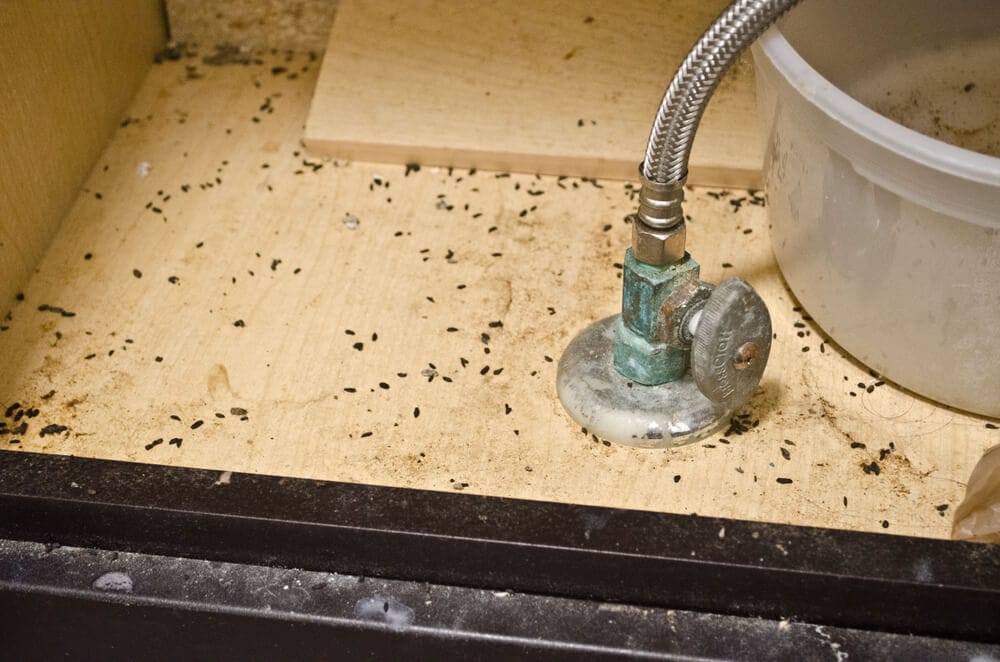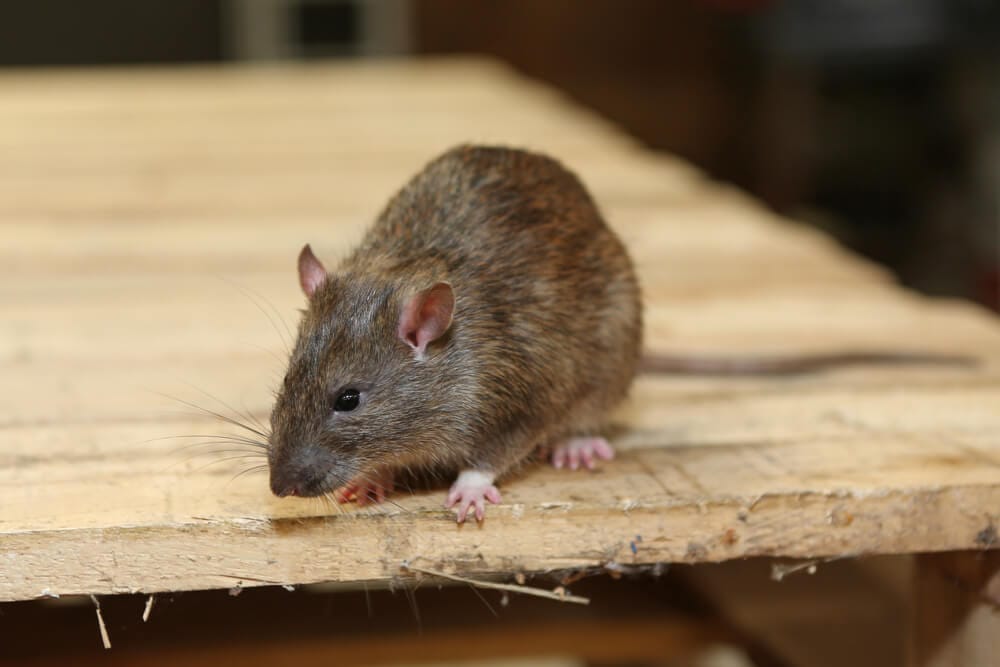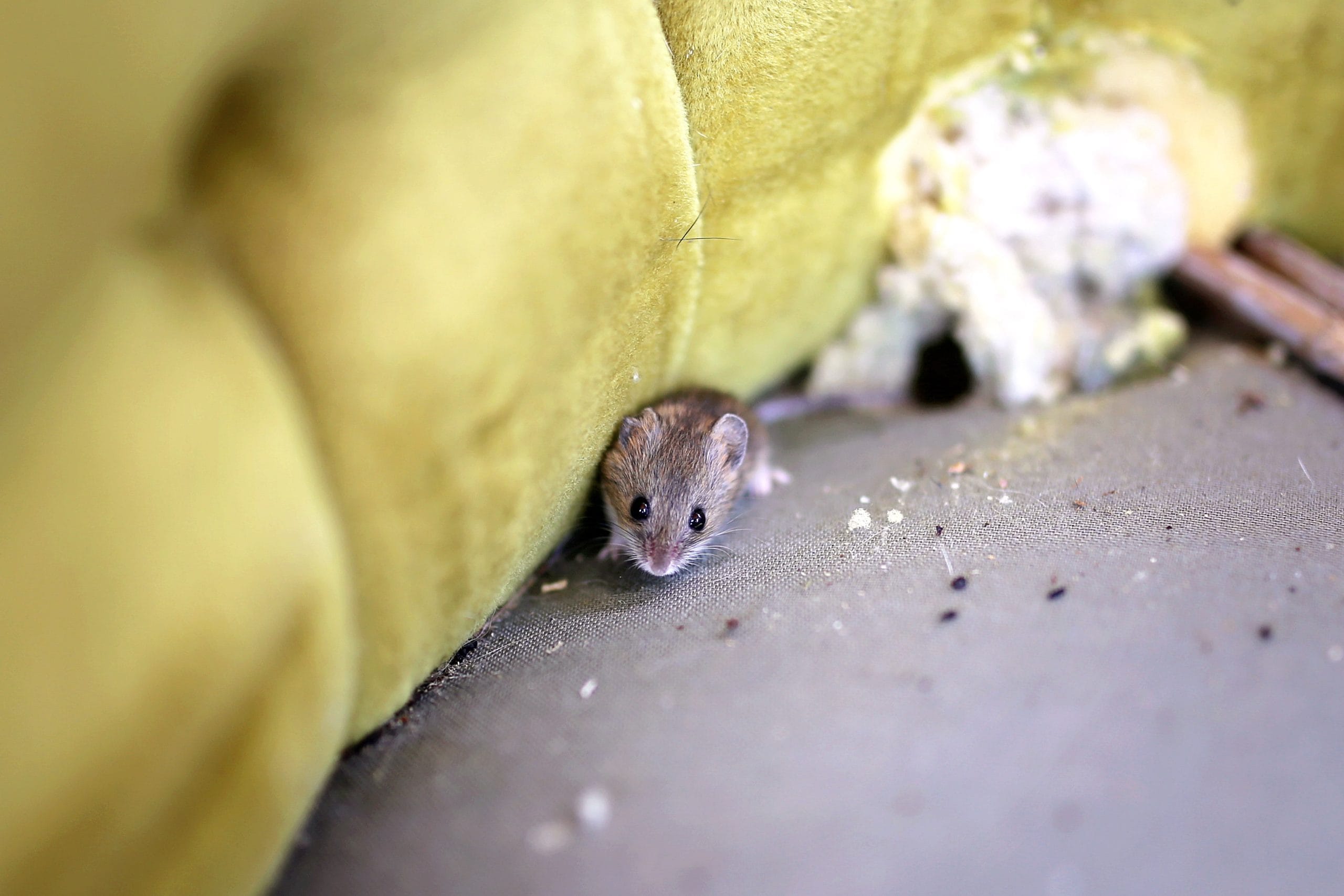Being in the middle of a rodent infestation is one of the worst things that can happen to a homeowner. Its not only because its relatively hard to deal with an infestation, but also because rodents are known carriers of horrible diseases. In case youre looking for ways to deal with a mouse infestation, be sure to always keep your own safety and wellbeing in mind.
Now, many people think theyve solved the predicament of infestation as soon as the rodents are eradicated, but thats far from being true. Droppings, poo, and residue, in general, can be a health hazard and can cause serious issues if not handled correctly. Join us while we break down some of the methods used for dealing with pesky infestations.
How Many Mice is Considered an Infestation
Before we dive into the methods of removal and dealing with an infestation, its probably a good idea to define what actually constitutes an infestation. The question of how many mice are considered an infestation is not an easy one to answer, and the answer is not just some random, arbitrary number. It can be quite hard for an average homeowner to determine whether they are dealing with a full-scale infestation or just one or two wandering mice.
With that being said, one male and one female mouse are all it takes for an infestation to happen. It is well-known that mice have between five and ten litters a year, and can carry between five and twelve babies in one litter.
Therefore, one female mouse has the potential to give birth to a hundred and twenty babies during a single year. If we take into account five female mice, which is a realistic possibility, youre going to be dealing with more than six hundred little Petri dishes running around in the span of a single year.
The Importance of Cleaning Up
The most important factor why people ought to clean up after a mouse infestation is the lurking health hazards. As weve mentioned, rodents are carriers of some of the most gruesome diseases, including:
- Lyme disease
- Salmonella
- Hantavirus
- Typhus
Rodent-spawned infections are responsible for over ten million deaths in the last hundred years. In fact, these infections were a threat to all of humanity back in the late Middle Ages, causing over two hundred million deaths in Europe alone!
Therefore, its safe to conclude that rodents are, in fact, an extremely dangerous health hazard.
How To Clean Up Mouse Droppings
Rodent feces are one of the most hazardous elements, and as such, should be treated as soon as possible, and more importantly, should be treated by trained professionals. With that being said, you too can get rid of mouse droppings if you follow a few important steps and wear appropriate protection.
- Protection
Any leftover residue should be treated as septic material. Therefore, you ought to wear rubber or latex gloves, a respirator, and protective goggles in order to protect yourself from potential contamination.
- Clean Up
Now that youre wearing protective equipment, its time to get rid of rodent feces. The first order of business is to saturate the dry residue with a common household disinfectant. This is an important part of the process because it prevents feces bacteria from becoming airborne.
If you dont have a commercial disinfectant in your home, mix bleach and water in a 1:10 ratio respectively. Soak the areas with feces and wait for about 10-15 minutes. After that, start removing the feces with a paper towel or a piece of cloth. Make sure youre still wearing gloves!

Once you pick up everything, soak the same area again with the bleach solution and wipe it with a new piece of cloth.
If youre wondering how to get rid of mouse urine smell, bleach and thorough cleanup are the solutions. Materials and things that cannot be exposed to bleach should be thoroughly and heavily laundered. Dont hesitate to wash a piece of material on high temperatures multiple times. With that being said, we would advise you to get rid of any clothes and textiles in general that was once contaminated with rodent feces; its usually not worth going through the effort of cleaning those.
Does Insurance Cover Rodent Dropping Cleanup?
In most cases, yes, the insurance does cover the cleanup of rodent droppings. However, its important for you to document the process during the cleanup in order to be eligible to file a claim. At Spaulding Decon, we will be more than happy to lend you a hand and provide you with the proper paperwork.
Its important to keep in mind that an infestation itself may not be enough for an insurance claim, but given that mice cause a lot of damage to ones home by eating drywall, wires, and insulation , its a fine line between eligibility and ineligibility. Not all insurance policies are created equal, and thats why its important to contact and hire professionals to deal with the legal aspects of the process.

How To Remove Dead Mice and Rats
While you may think youre done dealing with mice after cleaning up their feces, its far from being over. Many of these rodents will end up dying between your walls, in corners of your room, and even in your kitchen.
As you can probably assume, mouse droppings in your kitchen are an incredible health hazard and should be dealt with promptly and thoroughly. When getting rid of dead mice, proper protection and a strong disinfectant are the two most important elements.
Mix bleach and water as instructed previously (1:10), put on your rubber or latex gloves, and youre ready for action! Once you stumble upon a dead rodent, spray it and its surroundings with the cleaning formula. Subsequently, pick the rodent up, put it in a trash bag, and safely dispose of its body outside.
On top of that, dispose of your gloves, and wash your hands thoroughly! As you can tell, this process is far from being rocket science, but it requires thoroughness and precision.
Signs of Mice Presence in a Home
Its not always easy to determine whether you have a potential problem with rodents. Sometimes, they stay low and live far from sight until theres so many of them that they have to come out to get some food. At that moment, its often too late to think about whether its an infestation or not, because it usually is. Mice are timid animals, meaning they wont wander around your home for no reason.
Here are some of the most common telltale signs that point to a mouse infestation:
- Rodent droppings
- Scratch marks on furniture
- Squeaking and scratching sounds
- Gaps or holes in walls and furniture
- Scattered nesting materials such as paper, cardboard, cotton, cloth, etc.
If you happen to notice any of these signs, please address them immediately, before the situation escalates into a full-blown infestation. Needless to say, acting fast will save you money, effort, and most importantly , prevent exposure to potentially lethal diseases.
The Dos and Donts of Rodent Control
Now that weve covered the process of cleaning up, its time to see what you should and shouldnt do when it comes to rodent control.
The Dos
- DO inspect your house on a regular basis. If youre finding it difficult to do, dont hesitate to hire trained professionals to do it for you.
- DO seal off every entry point you can identify. Dont make it easy for rodents to get inside your home. Eliminate gaps in your walls, seal the cracks, and install door sweeps.
- Always take out your trash. Dont leave it around the house because its one of the most attractive points for hungry rodents.
- Install one-way valves into your toiled in order to prevent rodents from entering your home via sewer lines.
The Donts
- Dont ignore standing water or leftover food. Rodents need both of these to survive, so its only logical to deprive them of it.
- Dont ever deal with an infestation before youre familiar with the mandatory protective measures as well as the process itself. Many people decide to take matters into their own hands and consequently end up doing more harm than good.
Final Thoughts
While it isnt too hard to figure out how to clean mouse poop, its definitely hard to do it properly. Be sure to always wear protection and rather than feeling confident about your expertise, go ahead and conduct a bit of research before dealing with an infestation.
On the other hand, if you would like to leave it to the professionals, we will be more than happy to remove rodent urine odor and deal with a potential infestation in a professional manner. If you would like to know more about cleaning services, predicaments with rodents and other related subjects read our other articles!




